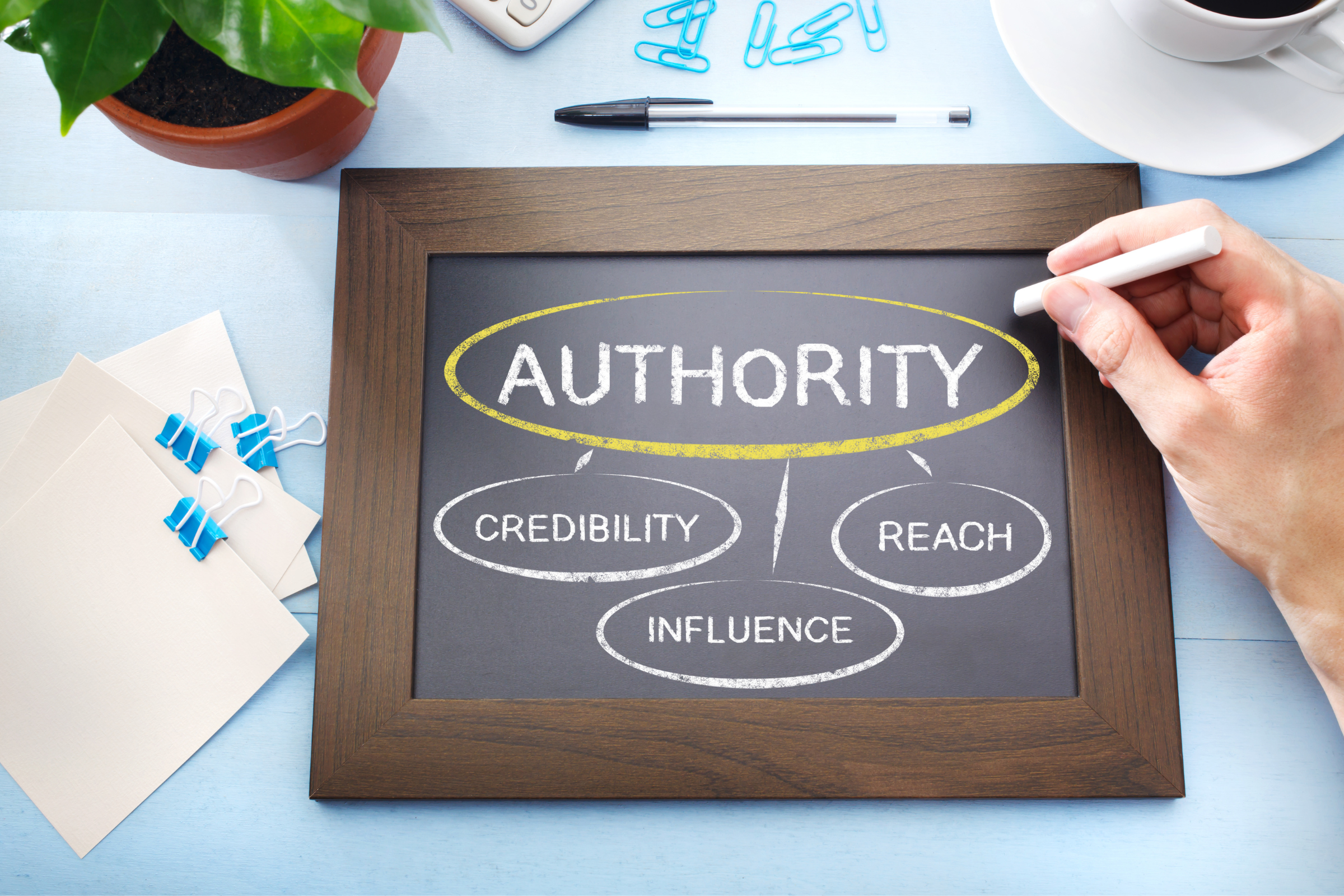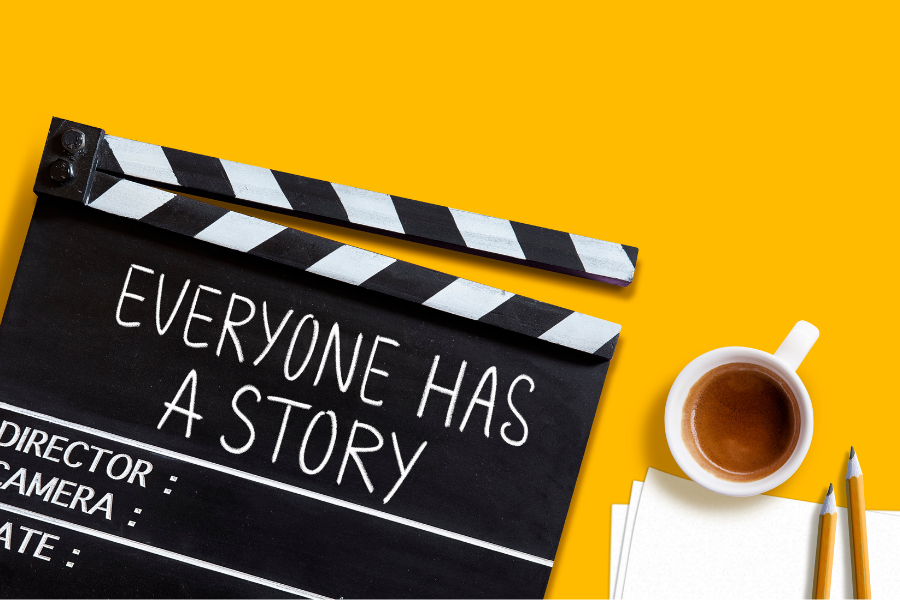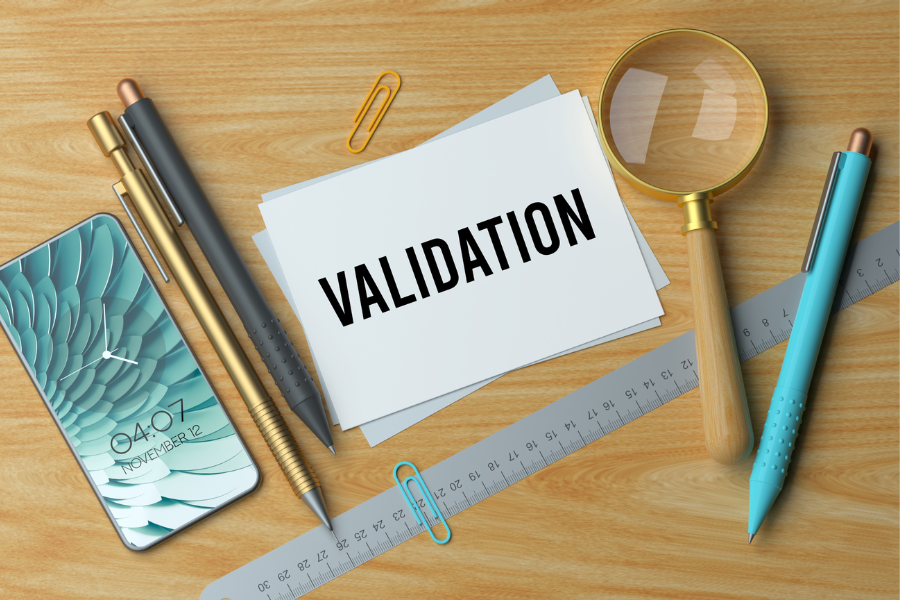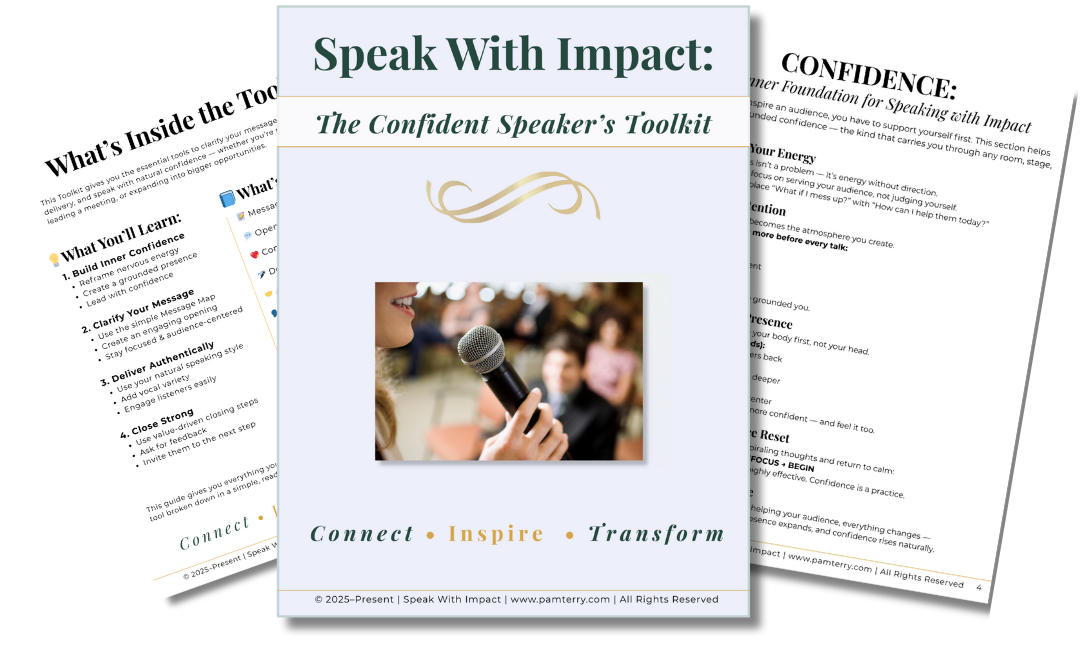This blog post is #3 of a series on “5 Steps to Fearless Speaking,” each part covering one of the 5 parts, Confidence, Clarity, Authority, Authenticity, and Engagement. In Part 3, we talk about how to establish authority and credibility in your presentation and why it is so important.
Establishing authority means to communicate with confidence, expertise, and credibility. It means that you are not only confident in your message, but also that you have the expertise and knowledge to back it up.
Establishing authority and credibility does not have to be challenging. In this blog post, we'll explore some easy ways to establish authority and credibility that will also keep your audience engaged by using 2 proven strategies.


Proven Strategy #1: Know your topic inside out
Pure and simple, the first step to creating authority and credibility is knowing your topic inside out. You cannot speak with authority if you're not confident in your knowledge. Take the time to research and understand your topic and be prepared to answer any questions that may arise. Your audience will be more likely to engage with your presentation when you show that you are confident about your topic.
However, even the most seasoned and knowledgeable speakers may get a question where they don’t know the answer. When that happens, celebrate!! Why? Because you have a new perspective, perhaps a new fact, to investigate and learn. I love getting questions where I don’t know the answer.
When that happens to you, tell your audience,
“I don’t know and thank you for asking! That is a GREAT question.
I will find out and let you know.”
You could attempt to answer it and you could also get back with them,
but – be sure you do.
Proven Strategy #2: Support for your claims
The easiest way to establish yourself as an authority is by combining your own personal experience with third-party validation to backup and reinforce what you are saying.
Why are they important? Personal experience is important because it shows that you have first-hand experience with your claims regarding the topic and third-party validation is important because it provides evidence to support your claims. Without third-party validation or personal experience, your audience may question the validity of your statements. By including third-party validation, you are showing that your claims are not just your opinion but are supported by other experts or sources.
Examples of Personal Experience
SHARE YOUR JOURNEY: When you have personal experience in your field, sharing your journey can be a powerful way to establish credibility. By sharing challenges you faced, lessons you learned, and successes you achieved, you can show your audience that you have the knowledge and expertise to speak on the topic.


USE STORIES: Stories are a great way to illustrate your points and make them more relatable. Sharing personal anecdotes or stories of how you (or someone you know) have dealt with the topic you're speaking about can make your presentation more engaging and show your audience that you have first-hand experience with the topic.
BE HONEST: If you have personal experience with a topic, don't be afraid to share your failures as well as your successes. Being honest about your mistakes and what you learned from them can make you more relatable to your audience and show that you are a credible speaker who is willing to admit their shortcomings. Even if you share someone else’s personal experience, you can share their failures as well as their successes.
USE STATISTICS: When you have personal experience in a field, you may have access to statistics or data that the general public doesn't have. Using this data to support your points can make your presentation more compelling and show your audience that you have a deep understanding of the topic.
PROVIDE PRACTICAL ADVICE: Based on your personal experience, you may have developed practical advice or strategies that can help your audience. Sharing these tips can make your presentation more valuable to your audience and show that you are a credible speaker who has practical experience in the field.
What is Third-Party Validation?
Third-party validation is evidence that supports the claims you make in your presentation. This can include testimonials, case studies, quotes, statistics, and research studies. Third-party validation establishes credibility and authority to your presentation, as it shows again that your claims are not just your opinion but are supported by other experts or sources.


Examples of Third-Party Validation
TESTIMONIALS: Testimonials are statements from satisfied customers or clients that support your claims. For example, if you are presenting a new product or program, you could include a testimonial from a satisfied customer who has used your program or services. Share what your client's problem was and how it was solved with your program/service.
CASE STUDIES: Case studies are similar to testimonials in that they provide evidence of how your service has helped others. They provide real-life examples of how your service has solved a problem or improved a situation. For example, if you are presenting a new marketing strategy, you could include a case study of how the strategy has worked for another company. Tell it as a story!
QUOTES: Quotes from experts or influential people in your field can provide credibility to your presentation. For example, if you are presenting on climate change, you could include a quote from a respected scientist or politician who supports your message.
STATISTICS: Statistics can provide evidence to support your claims. For example, if you are presenting benefits of a healthy lifestyle, you could include statistics on how exercise and healthy eating can reduce the risk of disease.
RESEARCH STUDIES: Research studies also are great way to provide evidence to support your claims. For example, if you are presenting on the benefits of a new drug, you could include research studies that support the drug's effectiveness. But, be prepared to cite who did the research and how they are independent
Here are 5 Examples of Famous Speeches Where They Included Personal Experience or Third Party Validation to Support Their Claims:
Remember, to establish authority when you give a presentation means to back up your claims with your personal experiences and third party validation. You can make your talk much more interesting by sharing these with stories, testimonials, and quotes. By doing so, you will be communicating with confidence, expertise, and credibility. When you establish your authority this way, you are perceived as a trustworthy and knowledgeable source of information. It means that you are not only confident in your message, but also that you have the expertise and knowledge to back it up.
Being credible is important for 3 vital reasons.
First
It helps you gain the trust of your audience. When you are seen as an authority, you are also seen as an expert in your field, and your audience is more likely to believe and accept what you are saying.
second
It helps you command attention and hold the interest of your audience. When you speak with confidence and conviction and back up your claims with stories about your experiences and others, you are more likely to be seen as credible and more likely to capture and maintain their attention.
Third
Establishing your authority can help you inspire and motivate others. When you speak with passion and conviction and back up your claims, you are more likely to engage and inspire others to take action or make a change.
In wrapping up, remember, every speech or presentation you give is a unique opportunity to connect, inspire, and influence your audience. Authority isn't just about showcasing your expertise; it's about building bridges of trust and understanding with those who listen.
Your choice of words, supported by your experiences and reinforced with third-party validation, can create a profound impact. So, the next time you stand before an audience, imagine the endless possibilities your words can achieve when they carry the weight of proven authority and credibility.
But more than anything, I'm curious to hear about your own experiences. Have you ever used a strategy that boosted your credibility? Or perhaps witnessed a speaker whose authority resonated with you? Share your insights and stories in the comments below. Your voice, as always, adds invaluable depth to this conversation. Let's continue to learn from one another.



